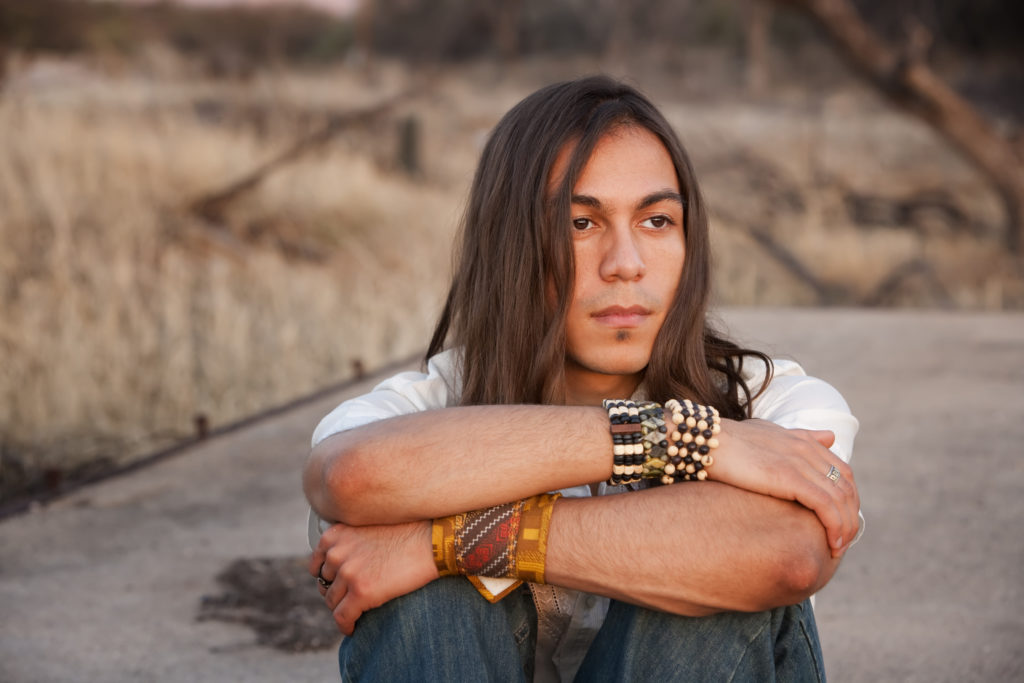The United States federal government has had a complicated relationship with Native American tribes; when it comes to foster care, that relationship can become even more strained.

Does the federal government have the right to remove children from Native tribes, or do the tribes retain the right to manage their children’s welfare on their own? Historically, the United States government retained those rights. In 1978, however, new legislation passed that was intended to undo decades of insensitive and discriminatory practices in the child welfare system: The Indian Child Welfare Act (ICWA).
What is ICWA?
This bill sought to undo some startling statistics. At the time, it was estimated that 25-35 percent of all Native children had been separated from their family – in other words, about 75-80 percent of all Native families on reservations had a child removed. According to Senate testimony in 1977, Sen. James Abourezk (D-SD) said that child welfare agencies had basically been allowed to “literally steal Indian children.”
From this perspective, it is easy to understand the need for the ICWA – even 40 years later, child welfare organizations are recognizing the value of keeping children within their families and communities, so the idea that Native American Indian children would be kept in Native communities seems intuitive. But in national conversations, the growing debate has come to consume the ICWA.
ICWA has been Challenged
In Texas, a young Native Indian boy known as A.L.M. is at the center of a campaign to repeal the ICWA.
Chad and Jennifer Brackeen sought to adopt A.L.M. after the boy’s parents terminated their parental rights with an offer to support the Brackeens in their adoption plans. Despite the blessing of A.L.M.’s biological parents, however, according to a state family court, the ICWA made it clear that the boy must be placed instead with a Native tribe. Their fight to adopt A.L.M. led to a landmark ruling in October of 2018.
U.S. District Judge Reed O’Connor, who delivered the decision, found the ICWA unconstitutional on the grounds that it violated the 5th Amendment’s equal protection guarantee and the 10th Amendment’s guiding principle which prevents Congress from mandating that states change their laws. The argument is that because ICWA uses a child’s race to determine placement, and because the federal government is compelling states to do so, the law runs counter to our constitutional principles.
However, proponents of ICWA understand Native American classification as political and not racial. As the O’Connor’s ruling is appealed, the federal government will have to ask whether or not ICWA implementation truly serves the best interests of the children involved.
ICWA’s Uncertain Future
There is no easy answer – for some Native families, ICWA may be the one reason they were able to reunite with their children. As the Washington Post reports, for Jered, a Native American in Minnesota whose son was removed from his home, it afforded him the space to recover from alcoholism and reform the behavior that led him to be arrested for domestic violence. Earlier this year, the judge presiding over his case could barely contain her pride in Jered:
“As I look back on this file about a year ago, things were a lot different. And you have changed the world, not just for you but for your son. … You’re an amazing young man … and your child is very lucky to have you for a father. Congratulations.”
In New Jersey, the Department of Children and Families complies with ICWA. Caseworkers are expected to inquire into and confirm tribal affiliations of any child being placed. If a tribe asserts its jurisdiction over a particular placement, the Office of Interstate Services will oversee the custody transfer of the child in question to tribal authorities. Since 1987, there have been 4 reported ICWA cases handled in New Jersey.
For more information on ICWA, visit the National Indian Child Welfare Association (NICWA).
To see our other articles on Native Americans and foster care, click here.
